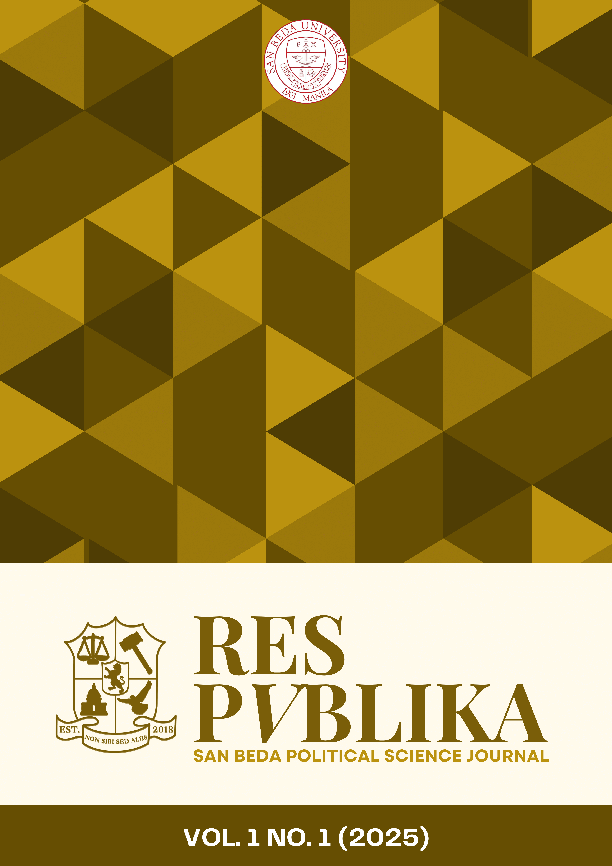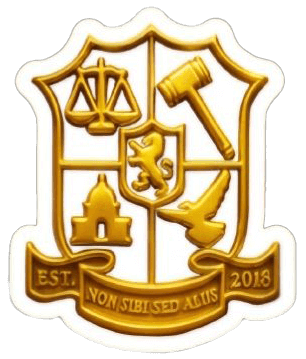The Invisible Filipino Conga Line: A Comparative Study on the Tolerance Level of Imus Government Employees and Ordinary Imuseños Towards Corruption
Corruption and corrupt practices have always been associated as a behavioral term issue rather than a psychological term. The more that the government employees and ordinary Filipino citizens engage themselves with corrupt practices such as bribing, they produce a lesser motivation and political will to—if not totally eradicate but at least alleviate the never-ending cycle and existence of corruption in the Philippine political system. The excessive release of tolerance of the Filipino people leads to a much more perilous and unprogressive system, hence further establishment of corrupt practices which result in this malicious act being socially accepted as a norm. Throughout the processes of this paper, it exhibited the capacity of the government employees and constituents to recognize corrupt acts such as bribing but their sense of respect, moral, and political toleration always overrides their judgements and perceptions. Despite their awareness of anomalies that occur within their surroundings, they still focus on weighing their bond and respect with people around them. They give heavy emphasis on having mutual understanding and having tolerance of adoption for the sake of peace, harmony, and belongingness with each other.

